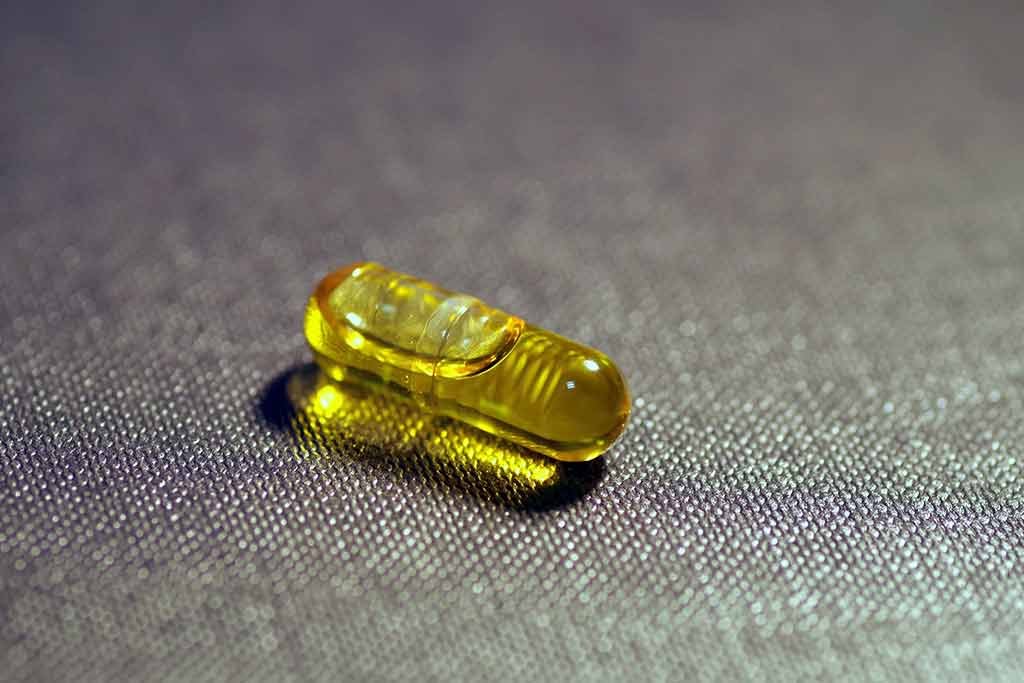Having more 'sweet dreams' may help with your 'sweet tooth'
Food and diet

“The key to stopping yourself snacking could be as simple as getting into bed,” reports the Mail Online
"The key to stopping yourself snacking could be as simple as getting into bed," reports the Mail Online. Researchers found that people who usually sleep less than 7 hours a night can increase their sleep time, and this may be linked to them eating less sugary food.
Previous studies linked insufficient sleep to an increased chance of obesity and poor diet. However, this small study, designed to explore whether education about sleep could help people sleep longer, was not set up to show whether improved sleep could change diet or aid weight loss.
The study of 42 volunteers, all a healthy weight and mostly young, found that education about sleep could increase participants' time in bed by almost an hour, and sleep duration by 21 minutes, compared to the start of the study. People who took part in sleep education also reported reducing their sugar consumption more than those who had no sleep education. However, their overall calorie intake, energy expenditure and body mass index did not change during the 4-week study.
We don't know whether better sleep will help you to lose weight, if that's what you want to do. But good sleep is great for overall mental and physical health. And as a 2016 survey reported, a third of British people surveyed reported not getting enough sleep on a regular basis.
Adults should sleep around 7 to 9 hours a night. Find out more about ways to get a good night's sleep.
Where did the story come from?
The researchers who carried out the study were from King's College London and Queen's University in Belfast. The study was published in the peer-reviewed American Journal of Clinical Nutrition, and was funded by the British Nutrition Foundation. The study was published on an open-access basis so it is free to read online.
Most of the UK media coverage suggested the study had shown longer sleep helps people to eat less and lose weight, which was not the case. For example, the Mail Online carried a fairly accurate report of the study, but without exploring whether people actually ate less sugar – or whether they just said they did. And the Daily Mirror claimed: "One extra hour in bed can make you healthier and drop your weight," although the study did not find weight loss among the people taking part. All of the participants were a healthy weight at the start of the study in any case.
What kind of research was this?
This was a randomised controlled pilot study. Randomised controlled trials are the best type of study to see whether a treatment works. However, because this was a pilot study, it was set up mainly to see if the treatment (sleep education) was feasible, rather than whether it could affect people's diet. That is, is it possible through education and training, to encourage people in the intervention group to sleep longer than they used to? (The answer would appear to be only for a small minority).
We would need to see bigger, longer-term studies with more reliable outcomes to know whether sleep education can help with weight loss.
What did the research involve?
Researchers recruited 42 volunteers via King's College London, many of whom were students. They all had a healthy body mass index, no serious illnesses and self-reported that they regularly slept less than 7 hours during the working week.
Everyone went through a battery of biomedical tests and wore an actigraph (a device that tracks physical movement) on their wrist for a week to measure sleep. They also recorded their diet in a food diary for 7 days. After that, they were randomly assigned to either the control group (which received no sleep education) or the sleep education group. Those in the sleep education group had personalised education about their sleep routine and agreed to change certain behaviours, including an agreed bedtime.
After 3 weeks, everyone had their sleep monitored again for a week by wrist actigraph and repeated the food diary. They also repeated other biomedical tests, which included:
- resting metabolic rate assessment
- measurement of waist, height and weight
- total energy expenditure
- blood tests to look at liver function, glucose level and cholesterol level
- blood pressure
The sleep measurements, which were backed up by a sleep diary, looked at total time in bed, sleep period, sleep duration (the time spent sleeping during the sleep period) and quality of sleep (such as the proportion of time in bed spent asleep, time taken to get to sleep and waking during the night).
What were the basic results?
There were 4 drop outs from the study (3 due to time constraints and 1 because of technical problems with the sleep monitor). Of those who had sleep education, 86% increased their average time in bed and 50% increased their sleep duration.
However, only 3 of the 21 people who had sleep education actually increased their sleep to the recommended 7 to 9 hours a night weekly average.
The average difference from baseline, compared with the control group, was:
- 56 minutes longer time in bed (range 31 minutes to 1 hour 21 minutes)
- 52 minutes longer sleep period (range 27 minutes to 1 hour 17 minutes) – the total time spent asleep over the course of a night
- 32 minutes longer sleep duration (range 11 minutes to 54 minutes) – this measured the length of individual episodes of sleep over the course of a night
Subjective reporting of sleep quality, however, including the percentage of time in bed spent asleep, went down for those who had sleep education.
The dietary diary resulted in 9 measures of type of food intake (such as protein, carbohydrates, sugars and fibre) and 2 measures of diet quality. Of these, the only ones that showed a difference between the groups compared to baseline were:
- free sugars (sugars added to food or present in sugary food such as juice or honey), 10.3g lower in the sleep extension group than the control group per day
- protein consumption remained 4.5g higher per day in the sleep extension group
- the sleep extension group eating more in line with UK dietary guidelines, largely because they ate less sugar
Although there was a slight drop in total energy intake (reported in some of the UK media), the study was not big enough for us to be sure it was not a chance finding.
How did the researchers interpret the results?
The researchers said their study showed "a personalised behavioural consultation targeting sleep hygiene is a feasible lifestyle intervention" that can be used to test the effects of longer sleep.
They said their "pilot investigation" of diet "indicates that adherence to advice to extend sleep may reduce free sugars intake". They say it is possible that "participating in the sleep intervention had driven changes in the [sleep education] group's dietary reporting" – meaning that the group attending for education on sleep may have consciously or unconsciously under-reported the amount of sugar they ate, because they wanted to seem healthy.
An alternate explanation, they say, is that sugar cravings may be increased by lack of sleep, or that spending more time asleep limits the time people are able to eat snacks.
Conclusion
A decent night's sleep makes a big difference to how you feel and how much energy you have. Lack of sleep and poor sleep habits have been linked to health problems in the past. This study suggests that it may be possible to improve sleep by education in "sleep hygiene" – the things you can do to improve your chances of sleeping well.
The study provides some evidence that this might affect what you eat. But the evidence is not particularly strong, and could be a result of people inaccurately reporting what they ate. The study was not designed to be big enough to capture changes in people's diet, and only found a major change in "free sugars" – sugar added to foods such as biscuits and sweets, or present in large quantities in fruit juice or honey.
It's encouraging that the study found a positive effect from education to help people sleep better. However, if you want to lose weight, it's likely you will need to do more about it than "sleep yourself slim". A properly designed weight loss diet can help – see your GP for more advice.
Sleep hygiene advice for a good night's sleep includes:
- keep regular sleep hours
- create a restful bedtime environment
- exercise regularly – but not straight before bed
- cut down on caffeine
- don't eat just before going to bed






 Subscribe
Subscribe Ask the doctor
Ask the doctor Rate this article
Rate this article Find products
Find products







